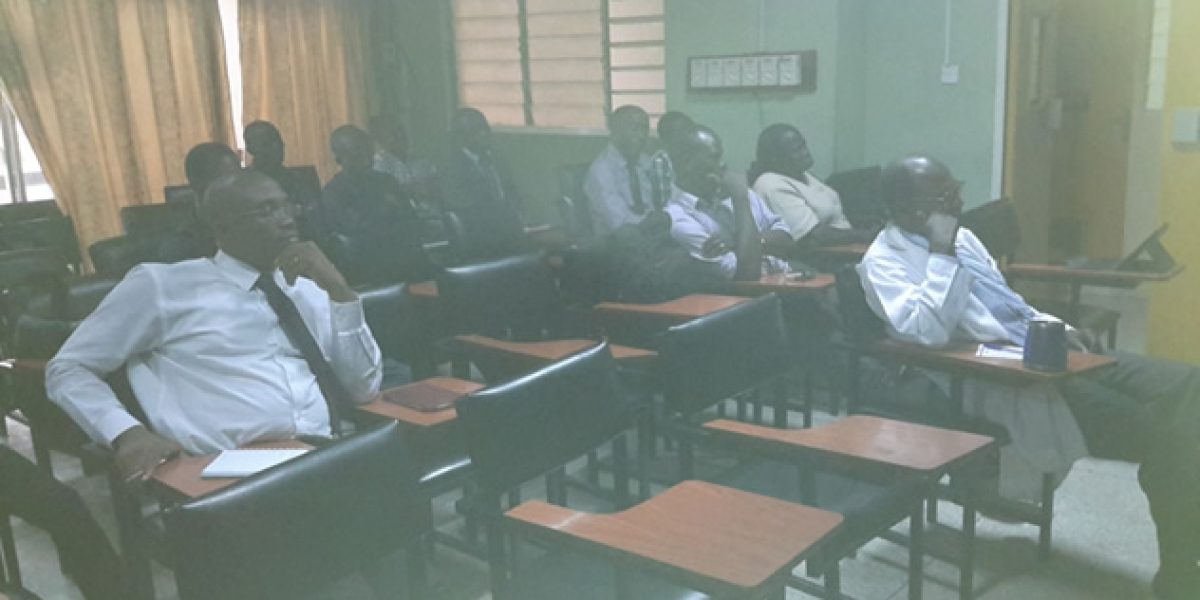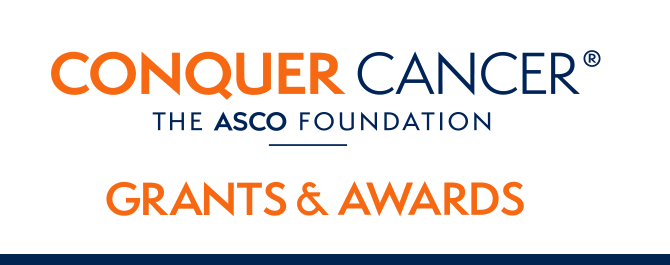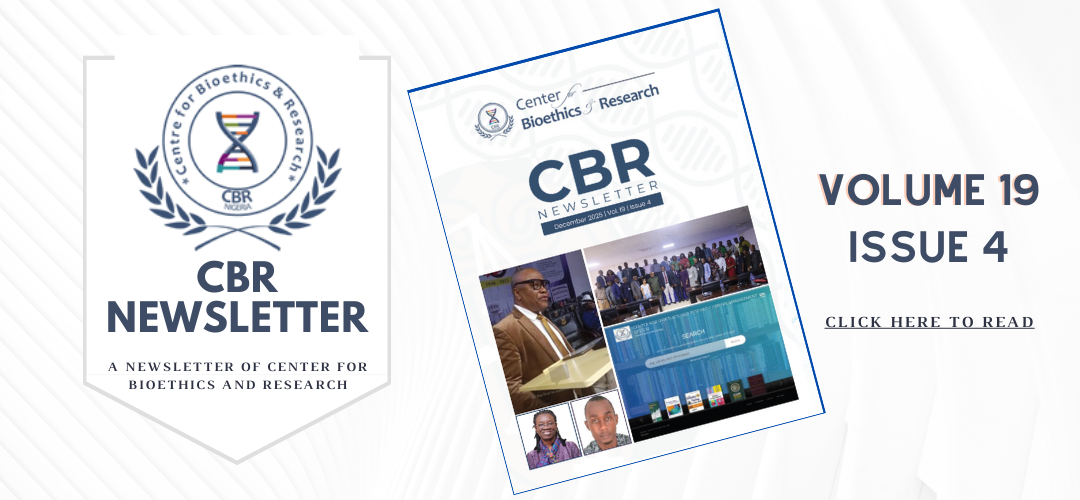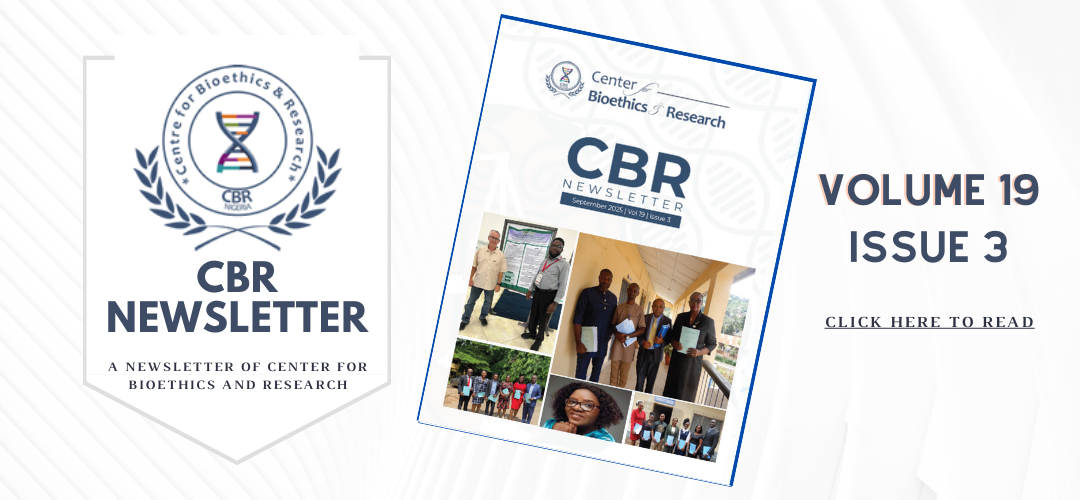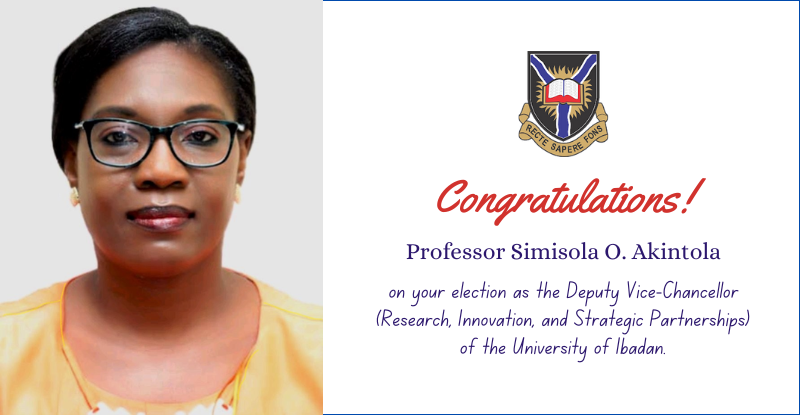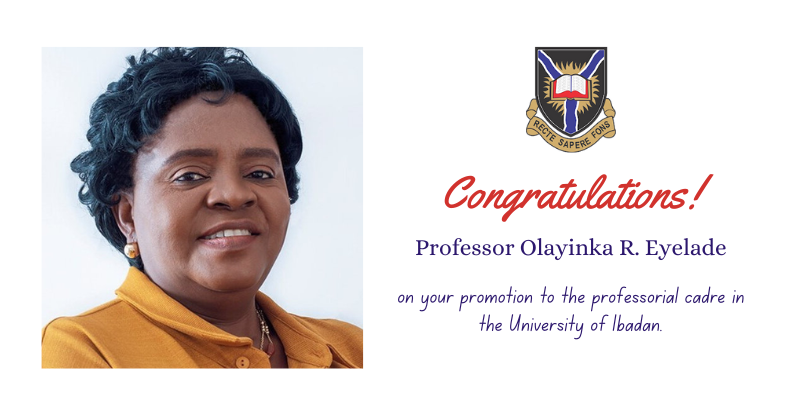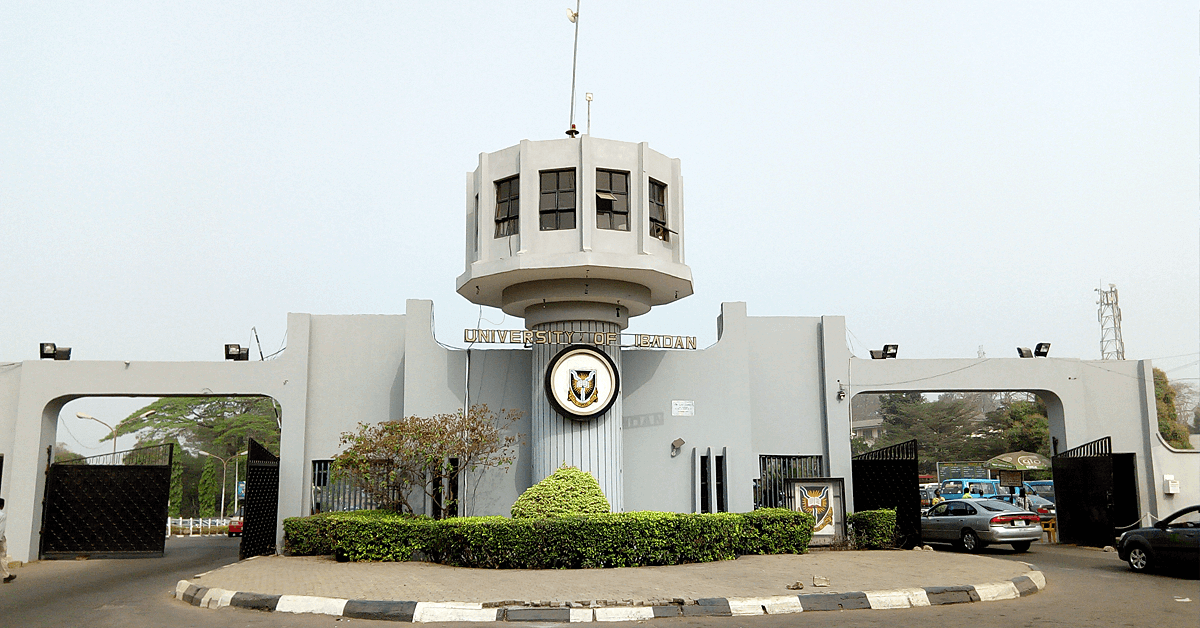Bioethics Seminar Meeting – A Neuroethical Justification of Psychoactive Enhancements: A Contextual Examination of Creativity
The July 2014 Bioethics seminar meeting was held on Thursday, 31st July 2014 at the Seminar room, Department of Surgery, University College Hospital, Ibadan. In attendance were West African Bioethics (WAB) Training Program faculty and students, as well as consultants and residents of the departments of Neurosurgery, Medicine, Psychiatry, Physiotherapy and Pharmacology. A total of 26 people were in attendance, inclusive of the presenter; Mr. Afolabi, a doctoral student of the Center for Healthcare Ethics, Duquesne University, Pittsburgh, USA. He presented the topic “A Neuroethical Justification of Psychoactive Enhancements: A Contextual Examination of Creativity”.
Cross-section of participants
In his presentation, he described depressant and stimulant drugs as drugs that influence the human brain/mind nexus by facilitating introspection, metacognition and decision making. As such, they offer an attractive means through which creative people may accomplish tasks faster. He said in spite of this capacity to improve “creative turnaround time”, the addictive and illicit nature of some of these drugs however raise ethical, legal and social concerns. Employing a neurogenetic framework, he argues that the use of psychoactive drug is consistent with the nature versus nurture interplay. However, the nuanced boundaries of acceptable psychoactive enhancement as well as the inherent addictive properties and other “harms” suggest some level of cautious restriction.
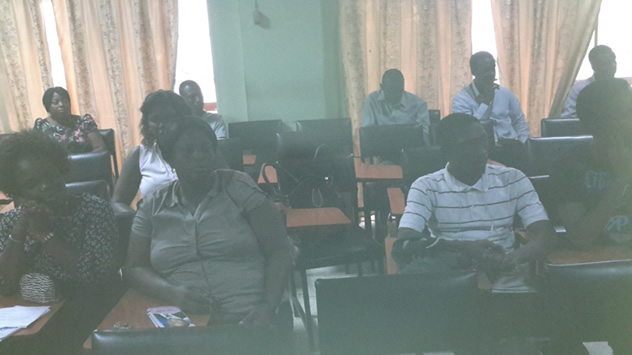
Cross-section of participants
Appraising the benefits and harms, he argues that this neuroethical justification equally lies in a socially embedded framework. This is because society often values and overvalues certain skills over others based on the perceived relevance or contribution such skills may have on collective welfare. The derivation of socially useful values from psychoactive enhancements thus validates their use for creativity-related tasks. However, since accessibility to controlled psychoactive drugs often constitutes a legal matter, he addresses the moral tensions raised by a neuroethical justification in relation to legal statutes. In this vein, he extricates and explicates the diverse hermeneutics underlying the harms of psychoactive enhancements.
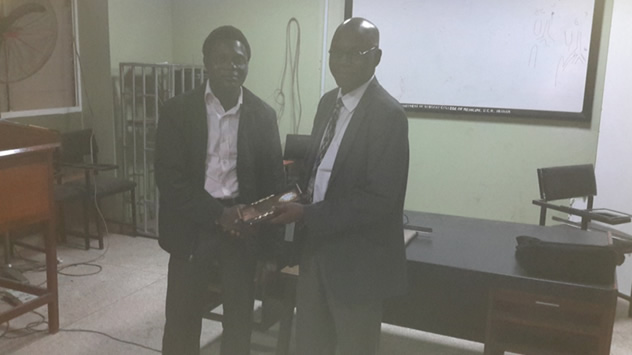
Dr. Ogundiran presenting a plaque to Mr. Afolabi after his presentation
He concluded by underscoring the need for legal change vis-à-vis approving the selective use of psychoactive substanceson the utilitarian grounds for the greater societal good. He said the legal change will however rest on the structure, tenor and tone of prevailing societal norms and values.
The audience raised their concerns about his presentation and many argued that addictive and social implications of psychoactive drug use are still cogent reasons why their use is not justifiable for enhancement purposes. It was concluded that this scenario is still being research and with adequate information from research, a conclusion will be reached in the nearest future.
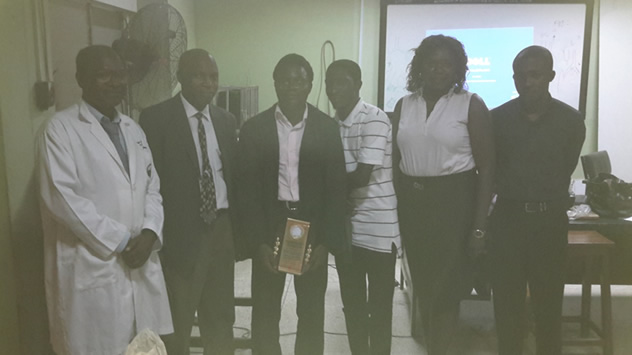
Mr. Afolabi and some of the WAB theme

